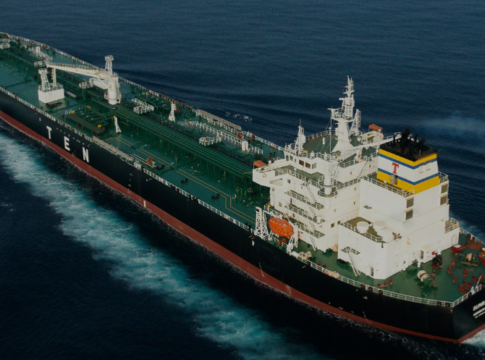Shades of a looming election season tentatively emerged in Greece over the past few days, with Greek Prime Minister Alexis Tsipras announcing a transport subsidy for permanent residents and SMEs in 49 islands, hours after saying his government will also suspend the harmonization of VAT rates on five islands bearing the brunt of a refugee/migrant crisis.
Tsipras, a day after agreeing to a request by Berlin that Athens take back third country asylum seekers that first entered the EU via Greece and then clandestinely made their way to Germany, again took to Twitter to announce the measure, in a post that even included a video.
The price tag for the measure – set to begin on July 1, 2018 – totals 60 million euros in 2018, with Greek taxpayers to subsidize eligible island families to the tune of 500 to 1,000 euros per year – assuming the measure is extended in 2019. Physicians serving at state-run health care facilities and teachers will also be eligible for the ferry boat subsidy.
In terms of the decision to keep VAT rates lower than the rest of Greece for the five islands – Lesvos, Hios, Samos, Leros and Kos – although Tsipras announced that the measure will apply indefinitely, the legal instrument that was published in the Government Gazette over the weekend stipulated that it will last until Dec. 31, 2018.
Government sources later claimed that the date was a formality and that Tsipras’ high-profile promise, namely that the lower rates will continue until the refugee/migrant crisis continues, stands.
The Greek prime minister took to the airwaves to announce that lower VAT rates will continue on the five eastern Aegean islands shortly after a meeting with German Chancellor Angela Merkel, although the poll-trailing leftist-rightist coalition government was careful to point out that there was no “bargaining” involved between Athens and Berlin – i.e. tax relief for islands in turn for taking back third country asylum seekers.
Greece’s eastern Aegean islands, particularly Lesvos, received a flood of Mideast war refugees that had first take refuge in Turkey, as well as would-be migrants hailing from as far away as sub-Sahara Africa and Myanmar in 2015 – more than a million people – in the months after Tsipras and his radical left SYRIZA party swept into power.














